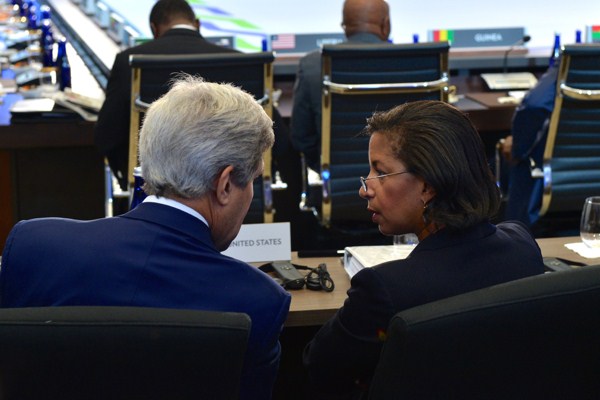Last week’s dramatic recommendation for U.S. President Barack Obama to fire his entire national security team, delivered by Les Gelb, the president emeritus of the Council on Foreign Relations, was eagerly disseminated among Washington’s foreign policy denizens. But while there is continued interest in determining who’s up and who’s down in the president’s inner circle, personnel changes alone would not address all of the concerns Gelb raised. Instead, his criticisms point to some fundamental problems with the U.S. national security class as a whole.
The first is that U.S. policymakers who came of age during the brief unipolar moment at the end of the Cold War remain unused to operating in conditions of real multipolarity, where other major powers have the ability to resist U.S. directives and to significantly raise the costs of U.S. initiatives. Rhetoric about “the indispensable nation” has a tendency to become self-reinforcing. This explains the overinflated belief among U.S. policymakers in Washington’s ability to compel other states to do its bidding, and their continued incredulity that other countries would not see how supporting the U.S. agenda would serve the global interest.
Indeed, among post-Cold War U.S. national security professionals, it is very difficult to accept the idea that other nations might reject both the carrots and the sticks proffered by Washington, and not out of a lack of understanding but from deliberate choice. This accounts for the Obama administration’s initial difficulties in responding to Russian President Vladimir Putin over the crisis in Ukraine.

